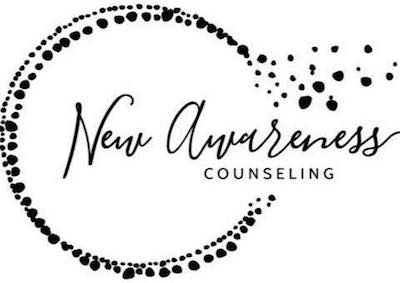I was watching a fascinating documentary the other day about the concept of functional
medicine. If you’ve never heard of this term before I’ll quickly break down the differences between functional medicine and traditional Western medicine.
Traditional medicine heavily relies on diagnostics, looking for the best label to describe symptoms that are happening. From there they have a prescribed set of procedures to follow, which typically involves some sort of medication. Functional medicine, on the other hand, looks at the person as a whole and assesses their symptoms once they know more. They ask questions about environment, relationships, work satisfaction, nutrition, and more to figure out what might be the underlying cause. They often do blood work to see how the body is metabolizing (or not metabolizing) various vitamins and nutrients. So an easy way to think about it would be to say they look at the “why” rather than the “what.” They are not opposed to medication or more traditional medicinal procedures, but typically try other interventions first.
Anxiety and Depression Treatment New Castle, CO
When life feels overwhelming we can help you figure out how to create more peace and joy. Together we can create a plan to build more happiness into your life and move away from patterns of anxiety and depression. Contact a counselor near me: Ashley Mauldin, MA, LPC, EMDR and Jodi Hill, Licensed Professional Counselor Candidate (LPCC) of New Awareness Counseling, LLC.
386 W. Main Unit 102 New Castle, CO 81647 | Telehealth – Secure online sessions| (970) 388-1903
This resonated a lot with me because this is how I approach therapy. When I first graduated with my counseling degree I often found myself looking at what was wrong and trying to put a label on it. From there I would look up information about how to help the client think differently or make changes in their lives. I would regularly have them do homework from workbooks about things like anxiety, depression or PTSD. This sounds like it might have been helpful, but I can tell you that most people did not see a significant difference. Many people didn’t follow through on their homework and even those who did, didn’t find it to be terribly helpful. They would tell me they knew a lot more about themselves or the problem, but they didn’t see their symptoms improve. I often felt frustrated and lost with how to help them and I imagine they felt the same.
Then in 2012 I became trained in EMDR, Eye Movement Desensitization and Reprocessing. It really helped me to better understand how the brain works and more importantly learn why people were experiencing their symptoms. The basic premise of EMDR is that when we perceive something as a threat (physical or emotional), it often can get stuck in a section of our brain called the limbic system. The first time we feel this threat is called a “root memory.” Just like a weed, it starts to grow stronger and stronger as we look for further evidence that the threat will reoccur.
For example, a couple summer’s ago I went hiking by myself. I was out of cell service and only had myself and a water bottle. As I went through a heavily wooded part of the path I heard a rustling and saw a large black animal. My heart just about exploded as I started slowly backing up in the direction I came from. A few seconds later I realized it was cow. I’d never been happier. But since this has happened I have experienced a lot more anxiety hiking, despite now having a massive can of bear spray with me. I am looking for any rustling or sign of danger as my brain now associates hiking with “I’m in danger, something bad is going to happen.”
EMDR helps us to let go of past experiences, leaving us with only appropriate emotions. It would still be appropriate for me to get a small rush of adrenaline if I hear rustling, but it’s not helpful when I have an elevated heart rate and I feel on edge the entire hike.
We all have things that have gotten stuck in our minds over the years, so I invite you to see a clinician that takes an approach looking for the “why” rather than the “what” and see the difference in results for yourself.
Best,
Ashley

